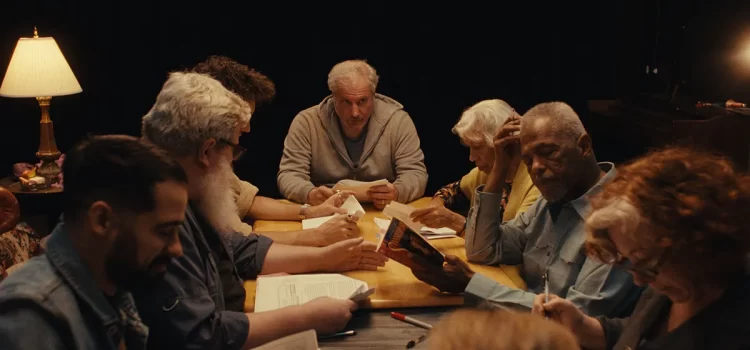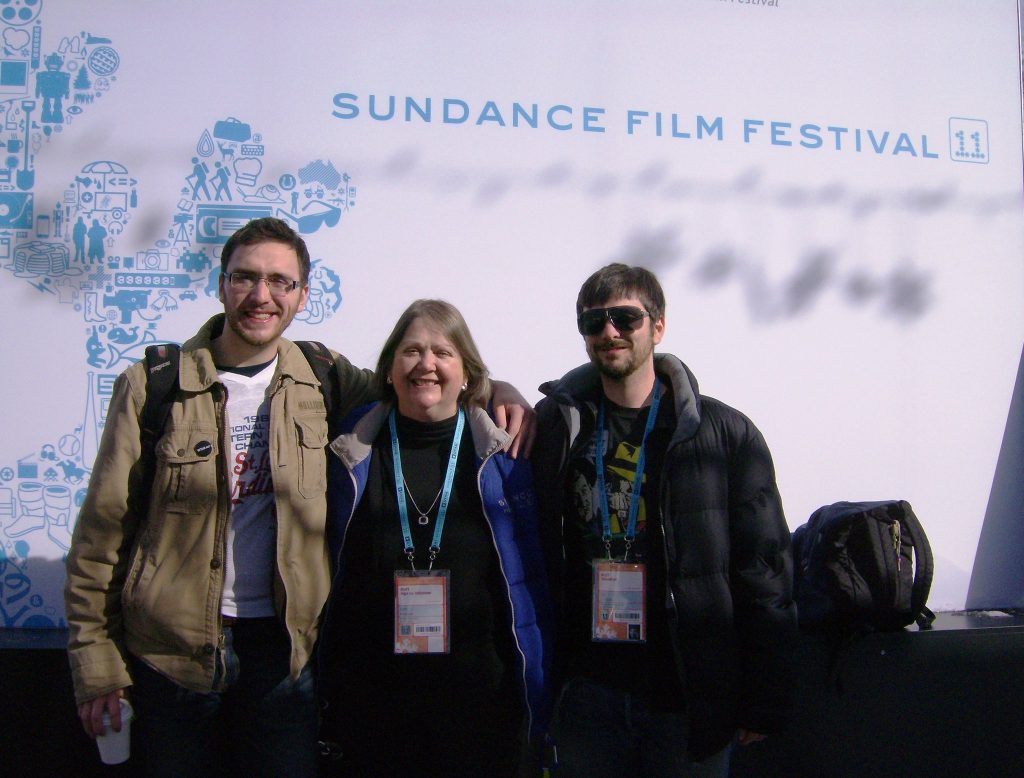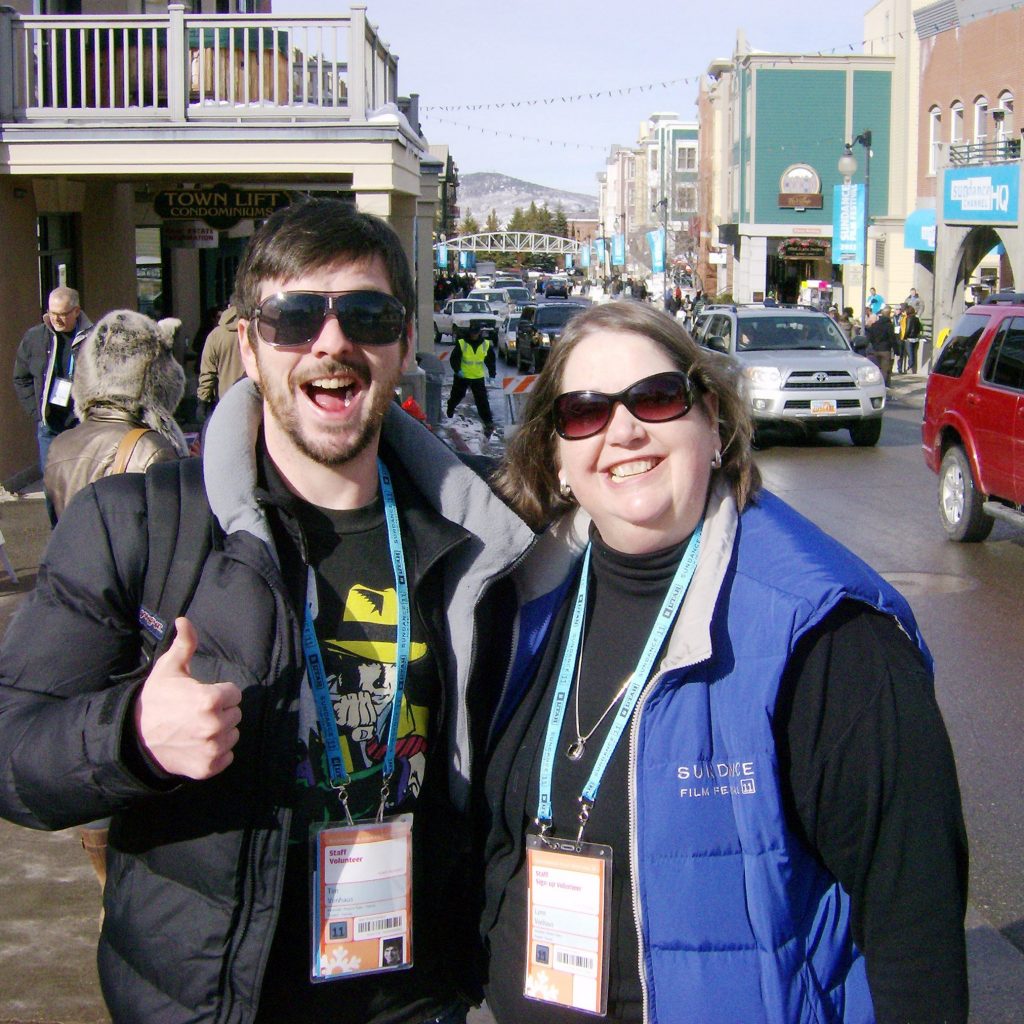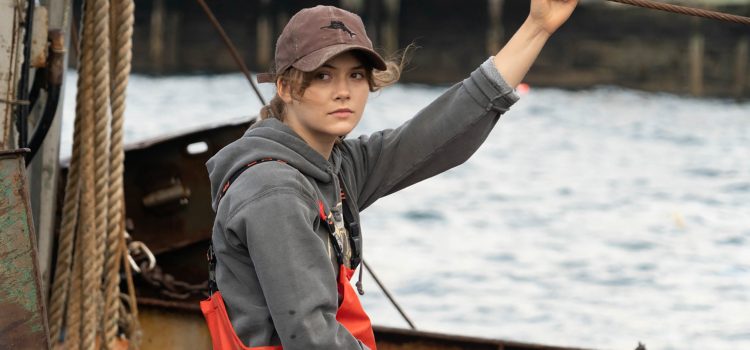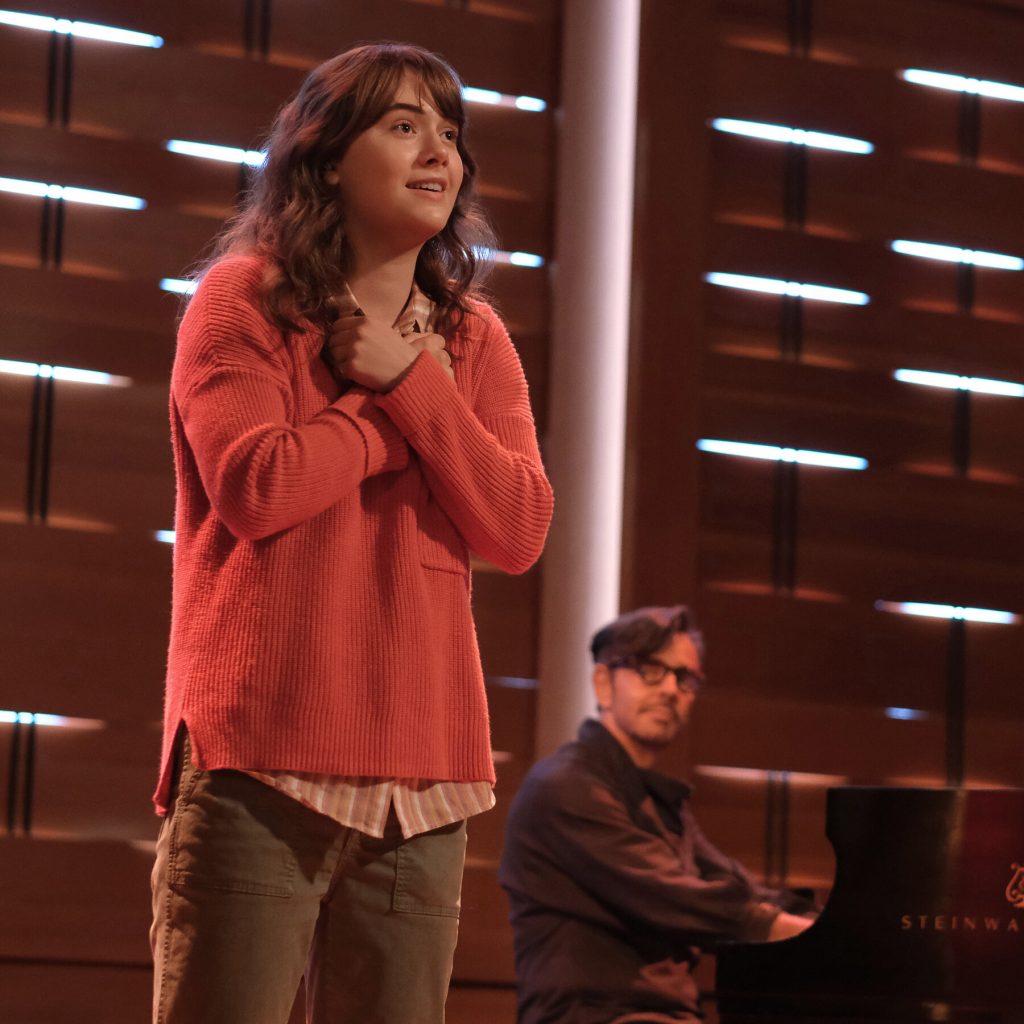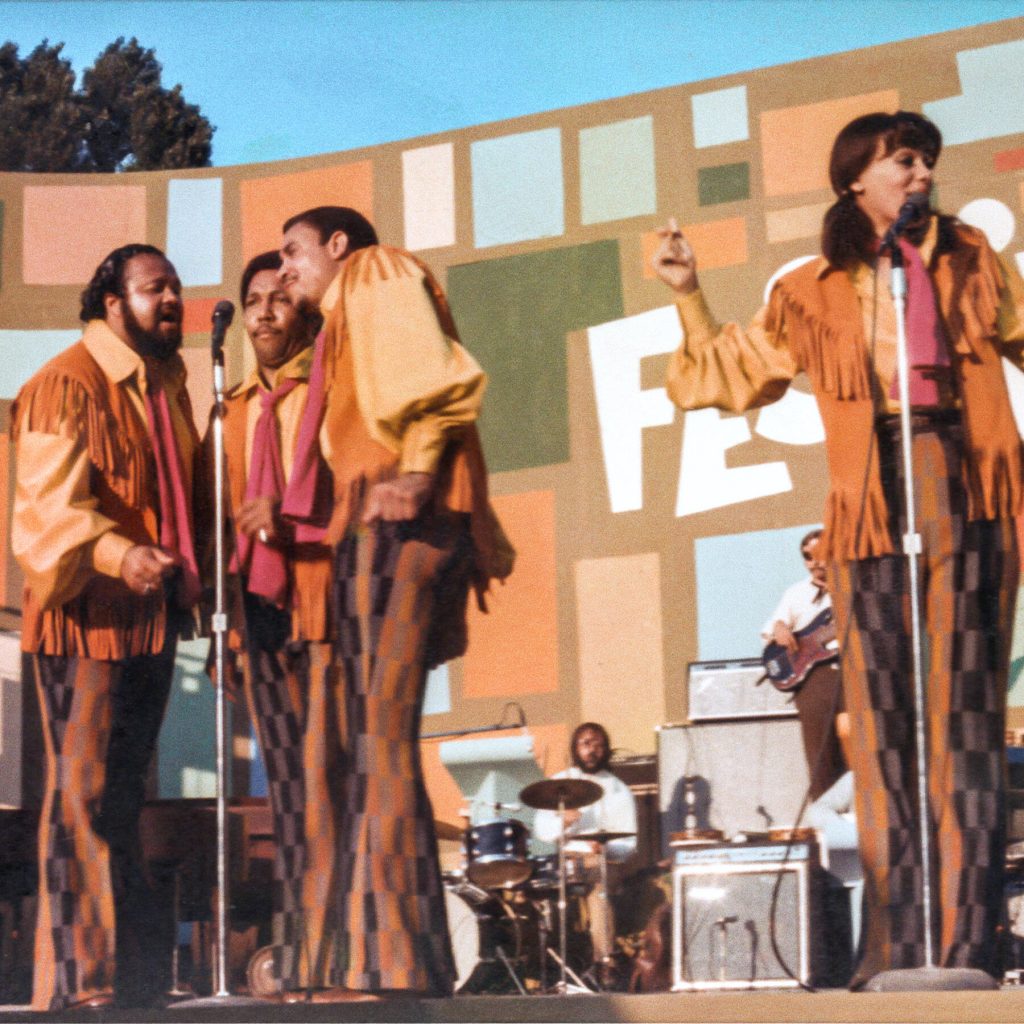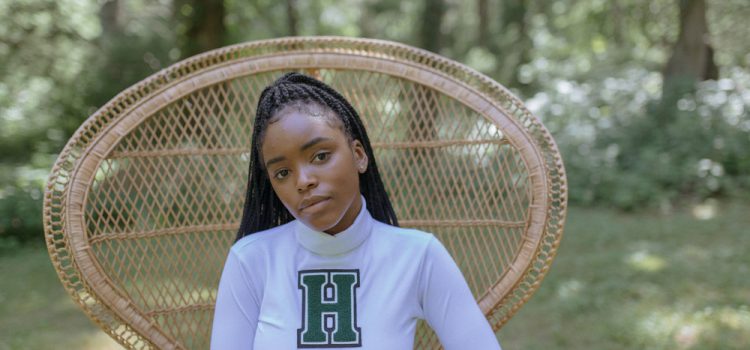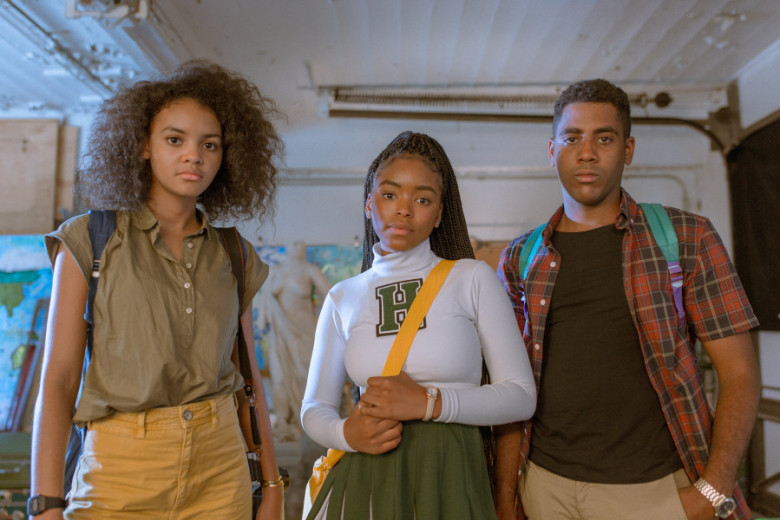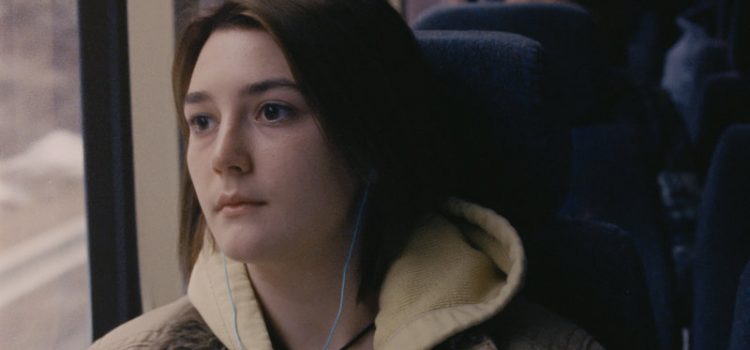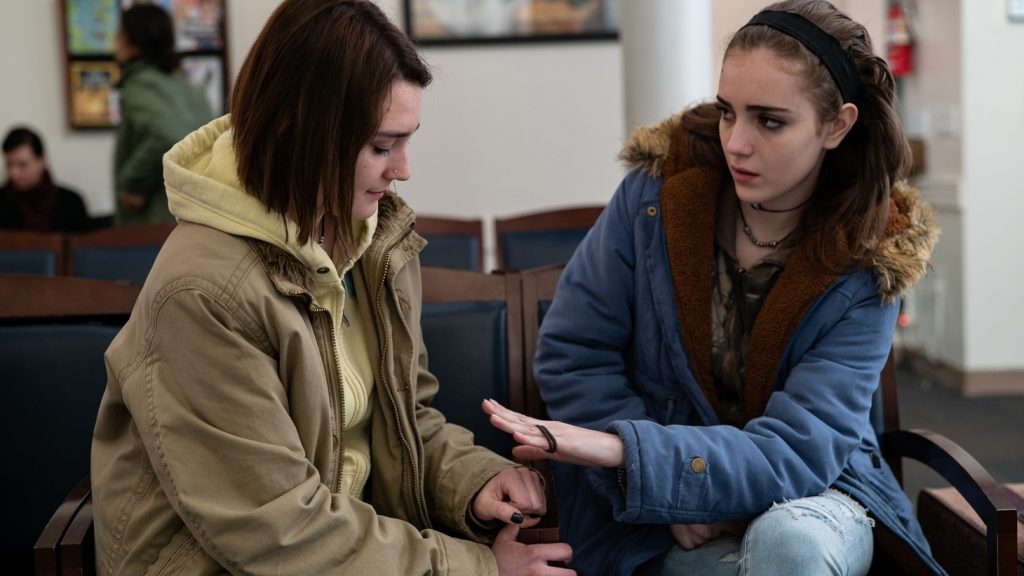By Lynn Venhaus
Demonstrating the healing power of the arts, the disarming “Ghostlight” is a deeply moving and affectionate examination of how community can get us through tough times.
When a construction worker (Keith Kupferer) unexpectedly joins a local community theater’s production of “Romeo and Juliet,” the drama onstage starts to mirror his own life.
Co-directors Kelly O’Sullivan and Alex Thompson won over the Sundance Film Festival audience in January with their gentle comedy-drama that elicited both laughter and tears. Since that triumph, this unpretentious indie film has gradually built a following through its deft blending of art and reality.
Perceptively written by O’Sullivan and skillfully filmed in Chicago, three actors of a well-known thespian family, who operate a flourishing theater in the suburbs, smoothly fill the principal roles. In addition, “Ghostlight” has a bevy of performers involved in the Windy City’s thriving theater scene.
Through its naturalistic low-key setting, it conveys an organic quality that engages. You may not be familiar with the Kupferer-Mallens, but after watching this, you won’t forget them.
Keith Kupferer plays Dan Mueller, the sullen and distracted head of an anguished family. His trigger temper at his day job – a city road worker with a short fuse, is causing problems. (Fans of “The Bear” may recognize him as Sugar’s doctor in the Season 3 episode “Ice Chips.”)
He is distant from his wife Sharon, an elementary school music teacher, who is tenderly played by his actual spouse Tara Mallen. They are the exasperated parents of a hostile, troubled teen Daisy, who is shrewdly portrayed by their accomplished actress daughter Katherine Mallen Kupferer.
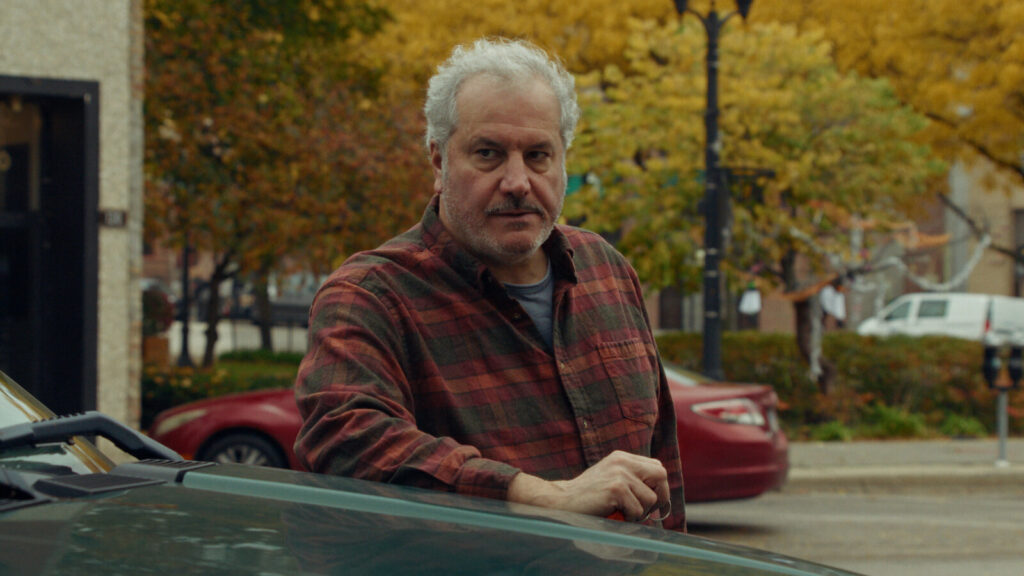
Their distress is clear, although the backstory is slowly revealed, which illuminates their suffering and eventually resonates with anyone who has experienced grief. Their walls of pain dissolve into a heart-tugging narrative enhanced by its found family setting. (Theater geeks, assemble!)
Dan wanders into a rehearsal of “Romeo and Juliet,” and is drawn to this idiosyncratic ragtag ‘tribe,’ so he comes back. His therapeutic response carries over to his family too, and their situation begins to parallel Shakespeare’s 16th century tragedy.
You begin to imagine what the Capulets and Montagues were feeling in the aftermath of the teen deaths in Verona – the anger, despair, denial, depression and hurt. Grief is such a personal journey but viewers will respond to this family’s predicament.
The eccentric supporting characters are amusing, and ultimately, compassionately teach Dan about the satisfaction of losing yourself in a fictional part. He discovers the bonus of experiencing camaraderie between the players.
For those who have been involved in theater at any level, the meta moments are laugh-out-loud funny – especially if you have done warm-up and breathing exercises, a table-read, or just dealt with prickly personalities. OK, some of the characters can come across as caricatures but are grounded.
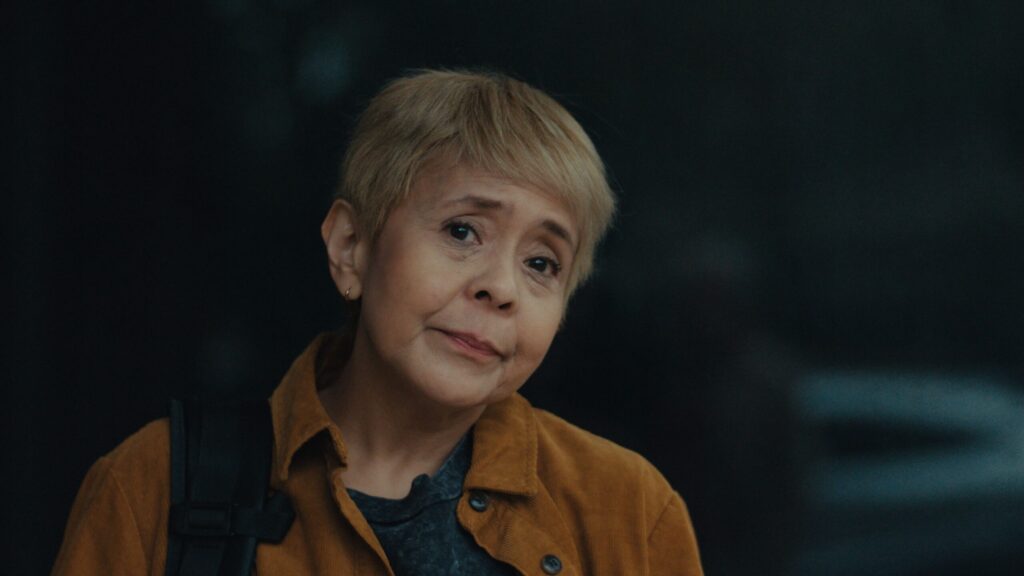
Stealing every scene that she is in, diminutive Dolly De Leon is delightful as blunt-talking Rita. De Leon was a standout in the Oscar-nominated “Triangle of Sadness” in 2022.
She plays a former actress with actual professional credits, unlike the amateurs surrounding her. But the cast is all committed to the production, and assists Dan, who is far from natural at this, stumbling through iambic pentameter.
As he opens up, so do they. The assured direction by O’Sullivan and Thompson, partners in real life, give this a cozy true-to-life feel. It’s modestly staged but rich with its very human, relatable moments expressed in its nearly two-hour runtime.
The movie reminds us that only through connection can we understand and carry each other, and that makes for a memorable soul-soothing encounter.
“Ghostlight” is a 2024 comedy-drama directed by Kelly O’Sullivan and Alex Thompson and starring Keith Kupferer, Tara Mallen, Katherine Mallen Kupferer, and Dolly DeLeon. It is rated R for language and its runtime is 1 hour, 55 minutes. In select theaters, including Cinema St. Louis’ Hi-Pointe Theatre Aug. 2-8; available Video on Demand on various platforms July 30, and will be streaming on AMC+ Aug. 30. Lynn’s Grade: B+.
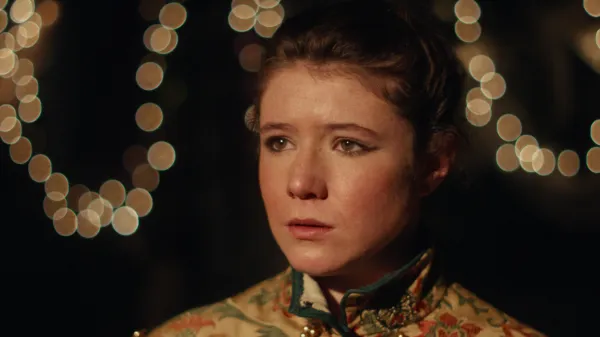

Lynn (Zipfel) Venhaus has had a continuous byline in St. Louis metro region publications since 1978. She writes features and news for Belleville News-Democrat and contributes to St. Louis magazine and other publications.
She is a Rotten Tomatoes-approved film critic, currently reviews films for Webster-Kirkwood Times and KTRS Radio, covers entertainment for PopLifeSTL.com and co-hosts podcast PopLifeSTL.com…Presents.
She is a member of Critics Choice Association, where she serves on the women’s and marketing committees; Alliance of Women Film Journalists; and on the board of the St. Louis Film Critics Association. She is a founding and board member of the St. Louis Theater Circle.
She is retired from teaching journalism/media as an adjunct college instructor.

